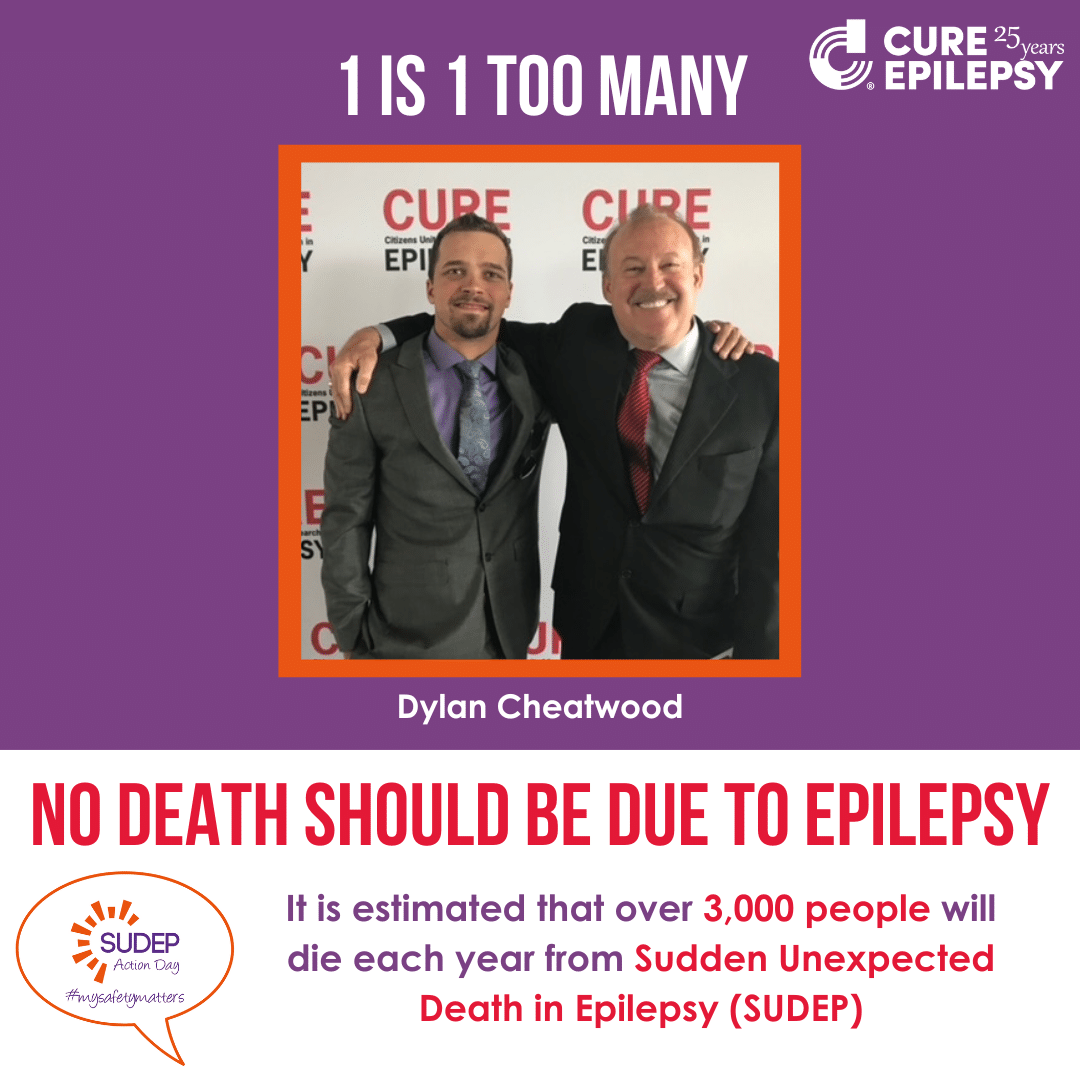Studying the Causes of Sudden Death in Epilepsy
January 4, 2022
Article, originally published in Medical Press
One in every 1,000 patients with epilepsy dies suddenly every year. Researchers have confirmed that some severe-type seizures (generalized convulsive seizures—GCS) are the most consistent risk factor for Sudden Unexpected Death in Epilepsy (SUDEP). In the past few years, heart rate variability (HRV) has been studied as a potential biomarker to identify patients at greater risk of SUDEP, in whom specific interventions could be made to prevent sudden death. A multidisciplinary team of researchers from Centro Hospitalar Universitário de São João and INESC TEC—Institute for Systems and Computer Engineering, Technology and Science, in Portugal, have been conducting studies on heart rate variability SUDEP.
The first study of the Portuguese team entitled “Heart rate variability in patients with refractory epilepsy: The influence of generalized convulsive seizures” focused on GCS. These are characterized by stiffing of all the muscles in the body (tonic) and the rapid movement of arms and legs (clonic). The team studied cardiac changes in patients with refractory epilepsy, later comparing the results with the general population.
“We evaluated 121 patients and measured Heart Rate Variability (HRV) parameters of these patients before and after having a seizure. The patients with refractory epilepsy had a significant reduction in HRV parameters when compared with a normative healthy population,” said Maria Teresa Faria, Head of the Nuclear Medicine Department of the Centro Hospitalar Universitário de São João.
HRV is the measure of time between each heartbeat. Unlike a metronome, if a human heart beats 60 times per minute, it doesn’t mean it beats exactly every second. This variation is considered good because it means your heart can respond to the autonomic nervous system, being ready for either increasing or decreasing the heart rate as necessary.






